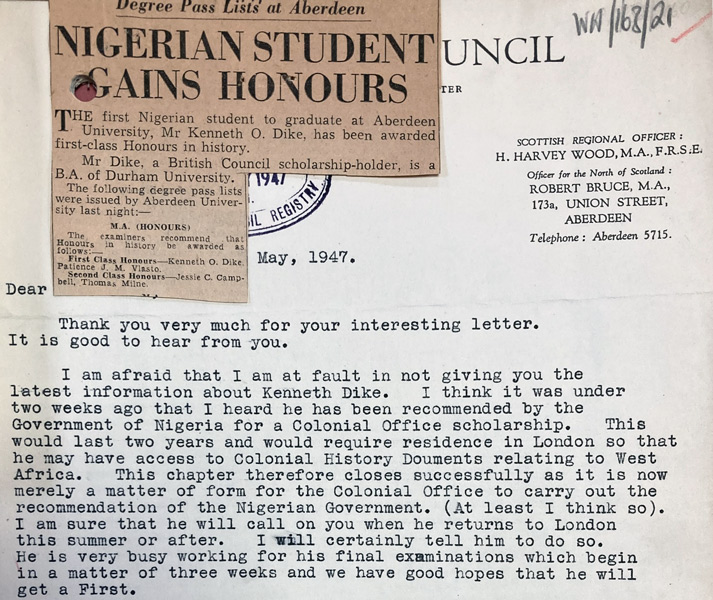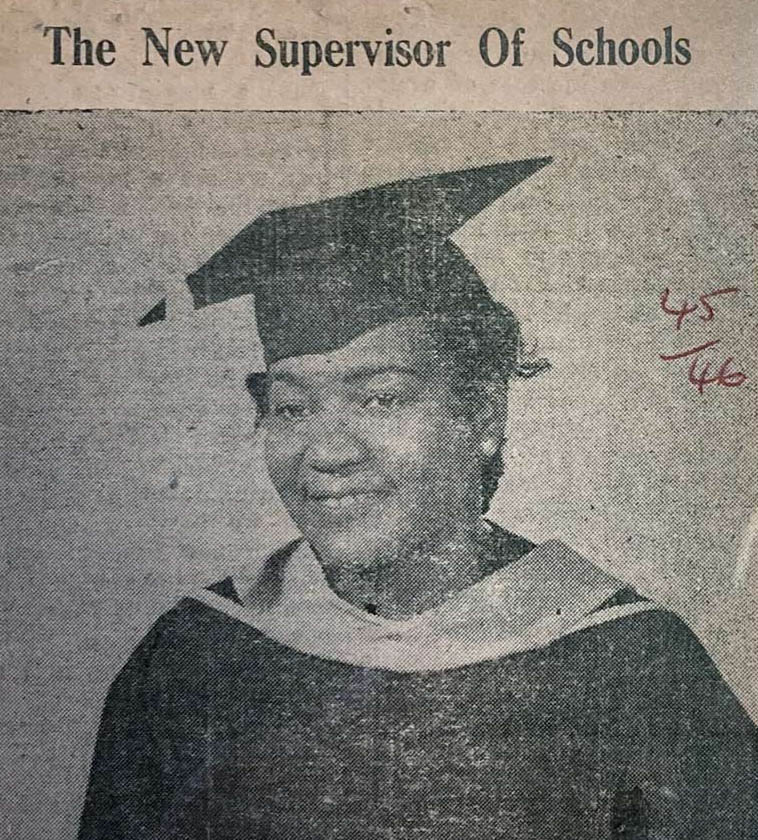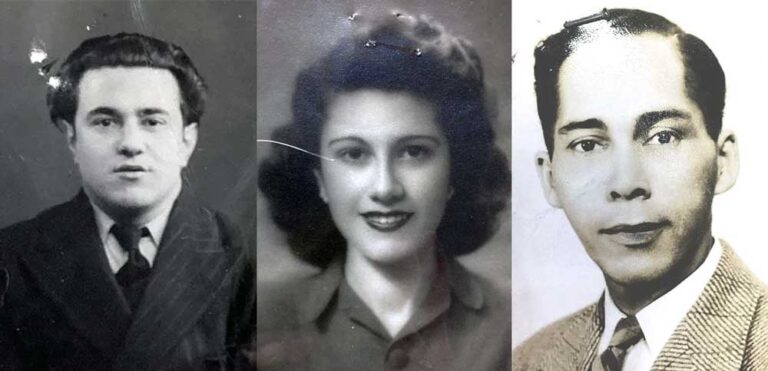The National Archives has a fascinating collection of documents relating to over 1,400 people that came to study in the UK from all over the world. The collection covers a relatively short time period – just ten academic years – but it offers a snapshot of international academia from just before the Second World War to just after it.
The students were all recipients of scholarships from the British Council, so their tuition, travel and living expenses were paid for them. Almost all of them were mature students with established careers in their chosen field, hoping for the opportunity to extend their experience and skills by studying at a UK university.
Thanks to the efforts of a small team of volunteers, the names, home countries, subjects and places of study have been added to the catalogue in record series BW 84. We have recently published a highlights gallery showcasing some of the series’ fascinating records.

Where they came from
The students came from 94 different countries, with 25 of these sending more than 20 students each.
Over the ten academic years, the following countries sent the most students, totalling 651 or 63% between them:
- China
- Greece
- Poland
- Malta
- France
- Czechoslovakia
- Argentina
- Turkey
- Portugal
- Yugoslavia
What they studied
The British Council’s aim was for students to return to their home countries in order to apply their knowledge and training. The breakdown of subjects studied shows that English language and related subjects were the most popular. Perhaps this is reflective of the importance of spoken and written English in many fields.
The top 10 subjects studied were:
- English Language (131 students)
- English Literature (68)
- English (62)
- Education (57)
- Economics (51)
- Medicine (47)
- History (41)
- Surgery (40)
- Teaching of English (35)
- Physics (31)
The British Council also wanted students to return to their home countries to pass on their better understanding and, hopefully, appreciation of British culture. During the war, however, a number of students from Poland and Czechoslovakia were not able to return home, and some subsequently took out British citizenship.
The gender of the students is not always clear from the papers within the files, but there are 225 that were specifically listed as Miss or Mrs on their applications. This indicates an approximate ratio of 6.4 male students for every female.
The records
The files on each student usually contain a small photograph along with their scholarship application form giving details of their education and career. There are often letters from the student to the British Council summarising their experiences or making arrangements for travel and accommodation.
Some students faced difficulties. A few suffered periods of poor mental or physical health but the British Council staff did what they could to support them. Letters from many students express appreciation for the assistance they received during their studies, and in some cases they appear to have formed close relationships with the pastoral staff.

Sometimes there are reports from tutors on academic progress and newspaper cuttings illustrating subsequent achievements of students once they returned home. Many of the students went on to have high-profile careers in academia, science, industry, politics and the arts.
JRR Tolkien
The cataloguing project turned up some surprises such as letters written by JRR Tolkien in support of a scholarship application made by Simonne d’Ardenne, a Belgian academic. Before the war, she had been working with Tolkien translating early English texts. After the war ended, she applied for a scholarship so that she could finish her work.
Tolkien wrote letters of support to the British Council, saying that d’Ardenne’s translation of the 13th century text ‘Seinte Juliene’ was ‘recognised as one of the most important works in the field of Middle English for a generation’.
Other letters of support for students were written by Sir John Gielgud, C S Lewis and Jean Lloyd Webber (mother of Andrew and Julian).
You can find more student stories in our British Council scholars Highlights Gallery.

Very interesting. I notice that some came from France, and would like to know whether any of these came to Wales, and particularly whether any came from Brittany to Wales.
Hi Heather. Thanks to the work of our volunteers on this project, it’s now possible to search the record series BW 84 in various ways. For example, you can search it for “France” to find the students for whom France was their home country, or you can search it for “Cardiff”, “Aberystwyth” or “Swansea” to see which students went to those universities. I did these searches and found 41 students from France, and five students at Welsh universities. From what I can see though, none of the French students went to Wales to study.
Hello Team,
Studying away from home: British Council scholarship students 1937–1948
I tried to look up Jamaican Alvin Marriott from your article and it came up with ‘no responses found’.
How can I research this name please.
Dear Katie,
Thank you for your comment.
A search for ‘alvin marriott’, without quote marks, allows you to find his record.
Great post!
This is a really intriguing read on international students and their experiences back then. I wonder how these scholarships impacted their professional lives after returning home? Thank you for shedding light on such an interesting period. Looking forward to more insights like this!